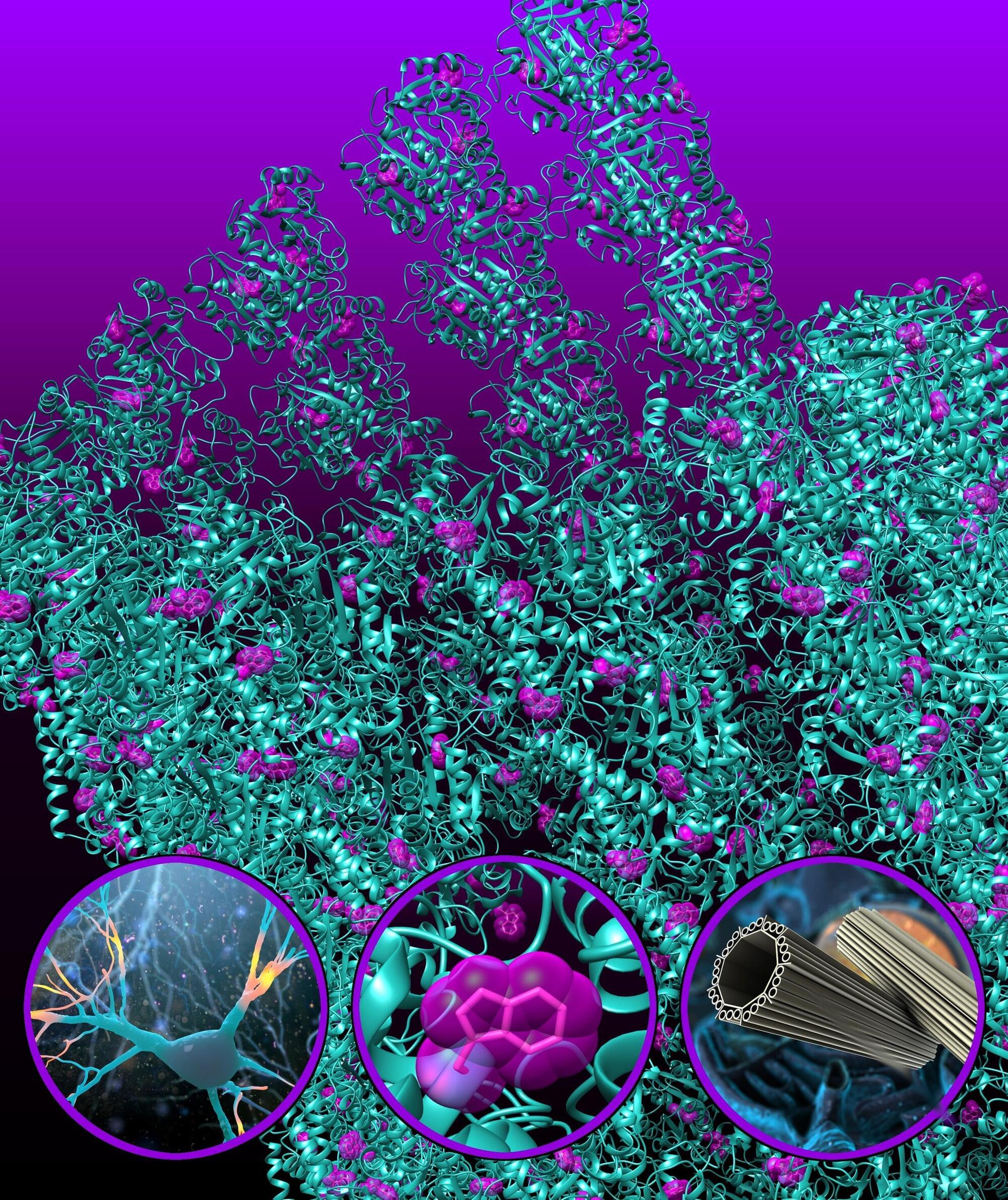The effects of quantum mechanics—the laws of physics that apply at exceedingly small scales—are extremely sensitive to disturbances. This is why quantum computers must be held at temperatures colder than outer space, and only very, very small objects, such as atoms and molecules, generally display quantum properties.
By quantum standards, biological systems are quite hostile environments: they’re warm and chaotic, and even their fundamental components—such as cells—are considered very large.
But a group of theoretical and experimental researchers has discovered a distinctly quantum effect in biology that survives these difficult conditions and may also present a way for the brain to protect itself from degenerative diseases like Alzheimer’s.
